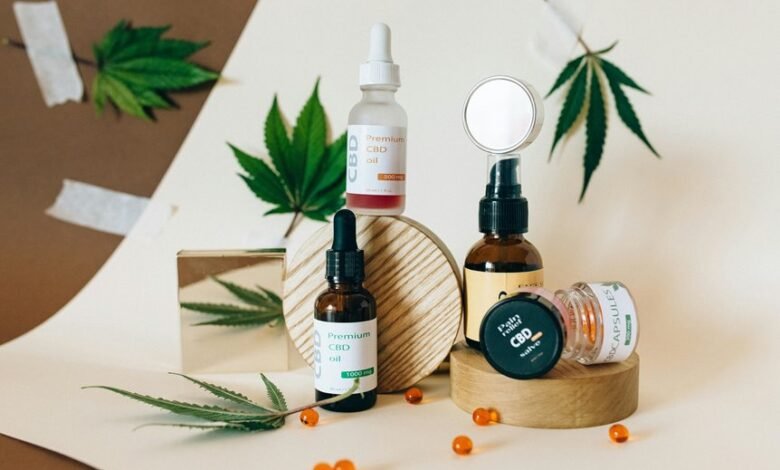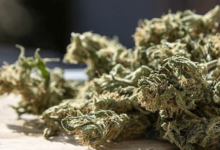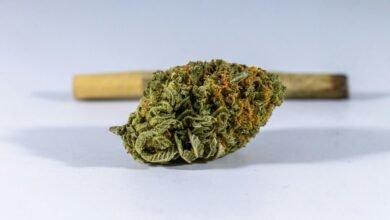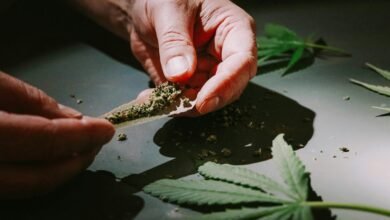Whay Is Cbd

Cannabidiol, commonly known as CBD, is a natural compound derived from the cannabis plant, particularly from hemp. It is distinct from THC, the psychoactive component, as it does not induce a "high." CBD is gaining attention for its potential therapeutic benefits, including anxiety relief and relaxation. As interest in its uses grows, understanding its legal status and various forms becomes crucial for consumers seeking wellness options. What implications might this have for the future of natural health products?
What Is CBD and How Is It Derived?
Cannabidiol, commonly known as CBD, is a naturally occurring compound found in the cannabis plant.
It is primarily derived from hemp plant sources, which are cultivated for their low THC content.
Various CBD extraction methods, such as CO2 extraction and ethanol extraction, are employed to isolate this compound, ensuring purity and potency.
This versatility makes CBD increasingly popular in wellness products.
The Differences Between CBD and THC
Two key compounds found in the cannabis plant, CBD and THC, have garnered significant attention for their distinct effects and applications.
CBD effects often include relaxation and anxiety reduction, without the psychoactive properties associated with THC.
In contrast, THC effects can lead to euphoria and altered perception.
Understanding these differences is crucial for individuals seeking to harness the benefits of cannabis responsibly.
Potential Health Benefits of CBD
As research into cannabis continues to evolve, numerous potential health benefits of CBD have emerged, capturing the interest of both consumers and healthcare professionals.
Among these benefits, pain relief and anxiety reduction stand out. Many individuals report significant improvements in their quality of life, experiencing less discomfort and reduced anxiety levels, which supports the growing interest in CBD as a natural therapeutic option.
Legal Status and Forms of CBD Products
While the popularity of CBD continues to rise, its legal status varies significantly across regions, impacting the availability and forms of CBD products.
CBD regulations can range from complete legality to stringent restrictions, influencing CBD accessibility for consumers.
This inconsistency affects the types of products available, including oils, edibles, and topicals, ultimately shaping the market landscape and consumer choices.
Conclusion
In conclusion, CBD offers a promising natural alternative for those seeking relief from various health issues without the psychoactive effects associated with THC. While some may question its efficacy, ongoing research continues to uncover its potential benefits, solidifying its place in the wellness landscape. As the legal landscape evolves and more products become available, individuals can explore CBD with confidence, knowing it is derived from natural sources and backed by growing scientific support.






